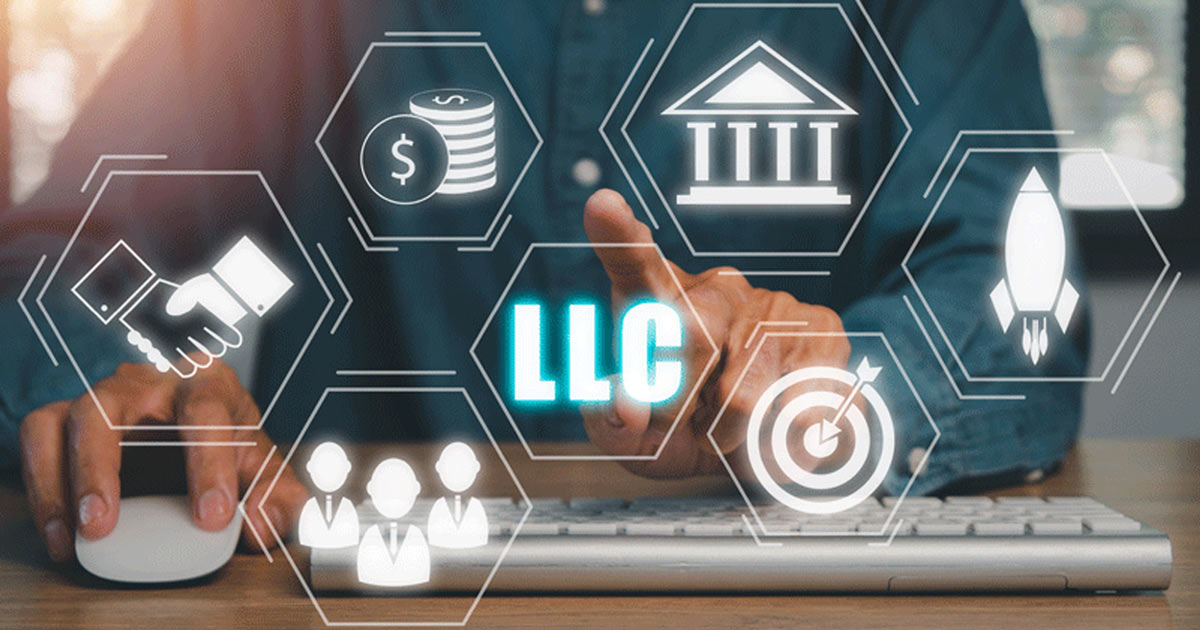When Is Breach of a Future Promise Fraudulent Inducement?
Imagine you are negotiating a contract with ABC Company and that ABC Company makes promises about what it will do in the future. These future promises are not set forth in the contract, but you entered into the contract because of those promises. Further assume that when ABC Company’s obligations arise (long after you executed the contract), ABC Company does not perform. Is ABC Company’s conduct simply a breach of contract, or is it fraud? The answer is not so clear under Illinois law.
In order to prove a claim for fraudulent inducement in Illinois, the plaintiff must show that: 1) the defendant made a false statement of material fact; 2) the defendant made the statement with knowledge that it was false; 3) the defendant intended the statement to induce the plaintiff to act; 4) the plaintiff reasonably and justifiably relied on the false statement; and 5) the plaintiff suffered damages due to reliance on the false statement. The above hypothetical seems to meet all of the elements for fraud; however, under Illinois law, the issue is a little more complicated.
Illinois courts have held as a general rule that a promise to perform a future act is insufficient to constitute fraud. Breaking a promise to perform a future act is called “promissory fraud” and is generally not actionable except as a breach of contract action. The reasoning behind this rule is that the breach of a future promise to perform would invite every plaintiff to bring a fraud claim any time a party does not perform its contractual obligations. However, an exception exists where the breach of a future promise to perform is actionable fraud if the defendant’s misrepresentation was part of a “scheme.” Illinois courts have not defined what constitutes a “scheme.” In such a case, the court will look at the totality of the circumstances. At least one court has held that even a single action can give rise to a scheme, and this expansion of the “scheme” exception to promissory fraud has unfortunately swallowed the rule.
When a party fails to perform a future obligation, it is important to identify whether that act gives rise to a claim for fraud, or whether you are left to pursue only a breach of contract action . As such, it is always important to consult a business attorney experienced in evaluating these types of claims.
If you are involved in a dispute involving breach of a contract or fraud, please contact Roenan Patt at (312) 368-0100.



